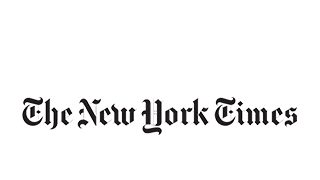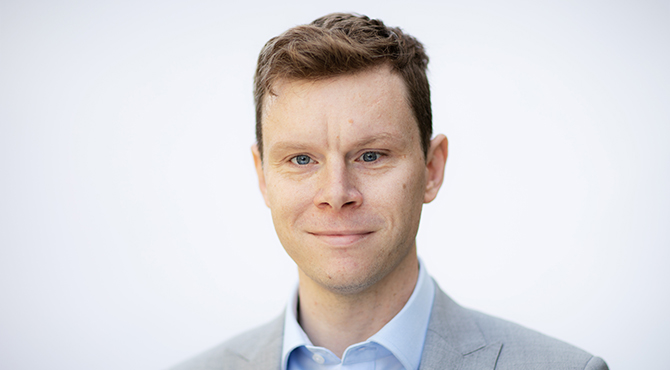
Research Programme on AI, Government and Policy
This programme supports research on AI, Government and Policy.

Greg Taylor is an economist whose research focuses on the digital economy, particularly online competition, competition policy, and regulation. His work advances our understanding of digital markets and provides a rigorous foundation for policy and strategic decision making. Recent topics of interest include platform markets, consumer search and online information intermediaries, digital bundling, and the role of data in market competition.
Formally, Taylor’s research spans the domains of industrial organisation, information economics, network economics, game theory, strategy, and marketing. Although his research is primarily theoretical in nature, it deals with some of the most pressing issues of our time, and Dr Taylor has advised government and regulators in the UK and globally.
Besides his research, Dr Taylor is an award-winning teacher of economics. He joined the OII in 2009 after completing a PhD in economics at the University of Southampton.
I am interested in supervising projects from students who have a strong economics background and who plan to apply tools from economic theory and/or game theory to study the digital economy. Special interests include projects related to competition policy, industrial regulation, consumer search and information intermediaries, platform economics, the bundling of digital goods, and the economics of data.
Economics of digital markets, especially competition policy, digital regulation, platform and network economics, information intermediaries, digital bundling, and the economics of data.

This programme supports research on AI, Government and Policy.

This project seeks to provide an economic model of data-driven mergers: mergers involving a significant transfer of data between firms. It will study how they affect competition in the relevant markets, to identify potential harms and guide policy.
My work has been financially supported by UK taxpayers, the Carnegie Corporation of New York, the John Fell Fund, the NET Institute, Research Councils UK, the Digital Economics Research Network, the Rockefeller Foundation and the Research Programme on AI, Government, and Policy, funded by the Dieter Schwarz Stiftung gGmbH.. As part of my policy outreach, I have served in an unpaid advisory capacity to HM Government’s Department for Business, Innovation, and Skills and the Competition and Markets Authority. I have also undertaken paid consultancy work for the Competition and Markets Authority.

17 June 2025
Dr Adam Mahdi, Dr Ana Valdivia, Professor Greg Taylor, and Professor Kathryn Eccles are among the teaching faculty recognised for teaching excellence at Oxford.

6 September 2023
Professor Greg Taylor, Associate Professor, Senior Research Fellow, Oxford Internet Institute, sets out his view on the European Commission’s latest announcement under the Digital Markets Act.

The Daily Upside, 09 August 2024
The UK’s Competition and Markets Authority is probing whether Amazon’s $4 billion partnership with Anthropic might break antitrust rules.

The Daily Upside, 24 June 2024
The European Commission accused Apple of breaching the anti-steering app store rules included in the relatively new Digital Markets Act.

New York Times, 04 March 2024
For years, Apple, Google, Meta and others operated unfettered. But new laws and regulations have finally compelled them to make major shifts to their products and businesses.

DPhil Student
Dylan Thurgood is a third-year DPhil in Social Data Science student and was previously a student on the MSc in Social Data Science. His research focuses on how online news exposure shapes political attitudes.

DPhil Student
Philipp researches instruments to distribute the power of digital platform monopolists. He analyses the effects of vertical separation and interoperability in decentralised platform ecosystems.
Internet Economics is a course in economics for people who want to combine a rigorous understanding of digital markets with a focus on good policy making.
This course provides students with the opportunity to engage with the methodological, ethical and philosophical underpinnings of quantitative and qualitative social science research practices.
